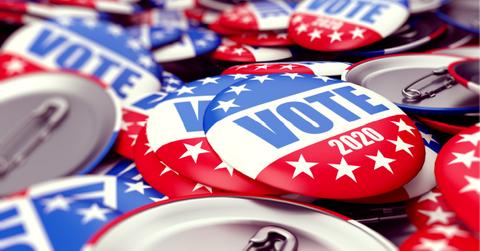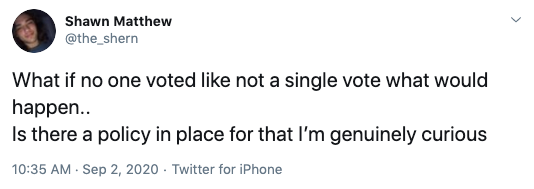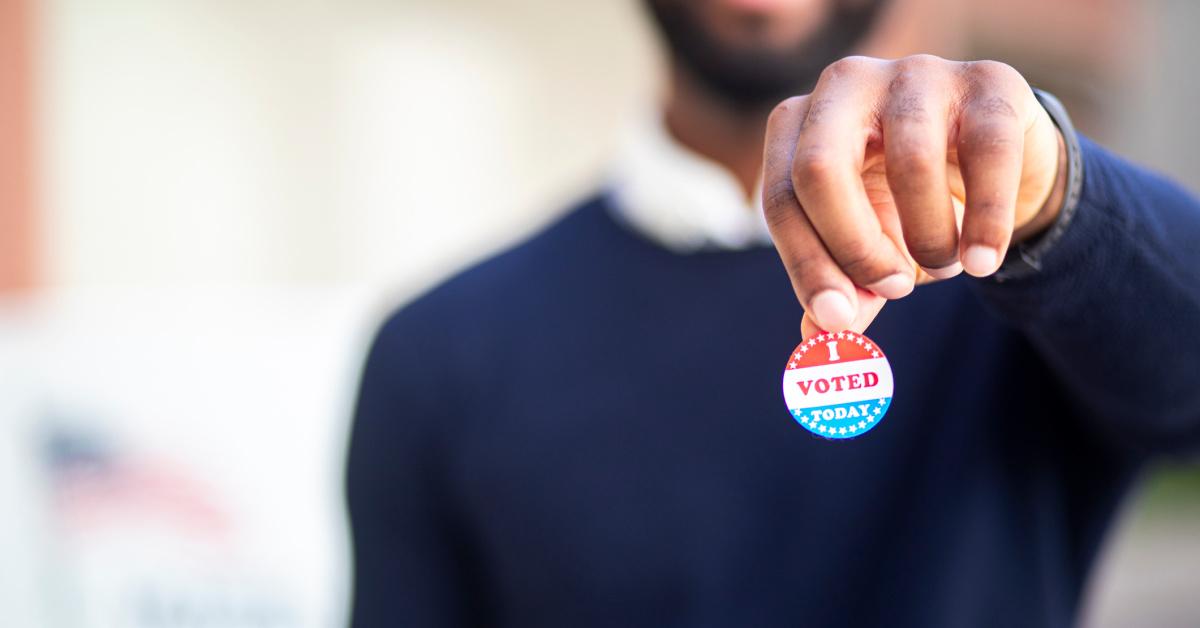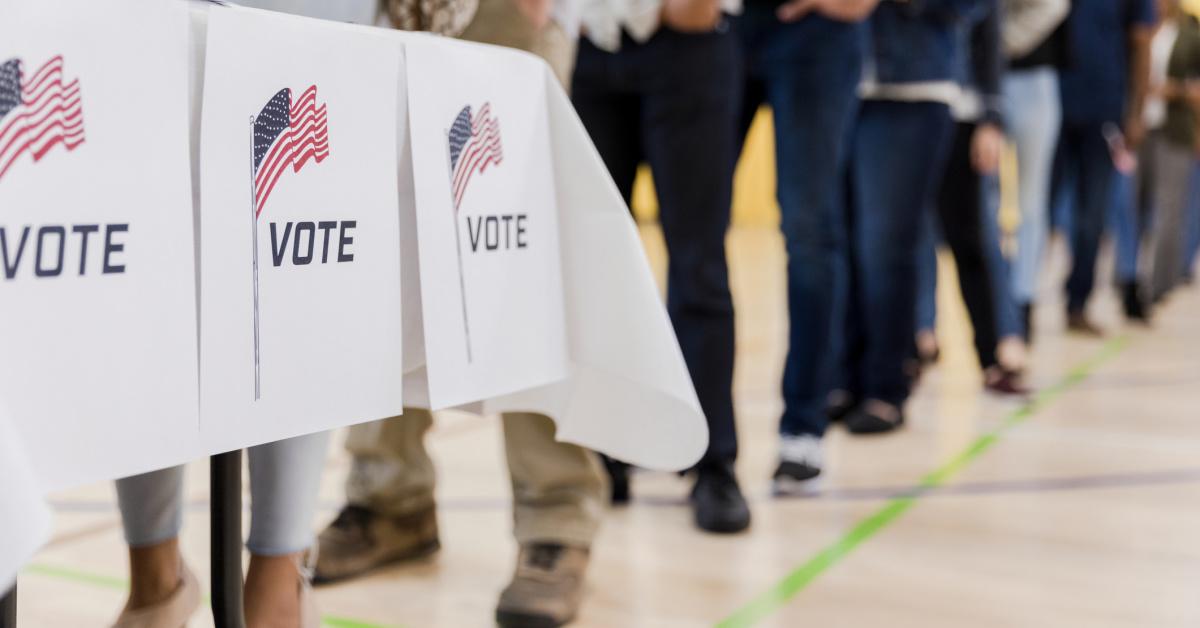What Happens if No One Votes in an Election?
Updated Sept. 10 2020, 6:13 p.m. ET

By this point, you already know that you need to vote in the upcoming presidential election — and in every election after that, while you’re at it. You’ve heard it before every single election, and you’ll — hopefully — continue to hear it forever. Vote! It’s very important. We’re not going to spend a lot of time trying to convince you of that — yet.
But what if you just didn’t vote? As a matter of fact, what if no one voted? Great question! Here’s what we think would happen.

What happens if no one votes?
Let’s be clear: This is clearly a hypothetical question. Like, we can’t all agree that the same person should be the president when there are only (essentially) two choices — no way are we suddenly all going to decide to just abstain from voting entirely. But, OK, sure. What if? We like a good hypothetical question, and, after all, it’s not illegal not to vote. So what if everyone — every single person of voting age in the U.S. — decided not to vote on Election Day?
First of all, we would still need to have a president. According to Richard E. Berg-Andersson, the creator of TheGreenPapers.com (who spoke to Vice News’ Mike Pearl back in Oct. 2016), “The Constitution says somebody has to be president. You can't go around without a president of the United States." OK then.
The U.S. is technically a constitutional republic rather than a democracy (sorry if this is the first you’re hearing of it). In a true democracy, we — as U.S. citizens — would directly be voting on every single bill and issue. Instead, as members of a constitutional republic, we elect people to vote on our behalf — this is true on the federal, state, and local levels. In a presidential election, you see this in action with the Electoral College.

Again, this whole no-one-voted thing is a hypothetical situation, so it’s hard to say with 100 percent certainty what would happen. It’s likely that the electors of the Electoral College would still go on to elect a president. They are not beholden to the popular vote (sorry if this the first you’re hearing of that, too), so they probably would also not be beholden to the universal abstention we’re talking about here.
It may be a little anti-climactic (and also maybe a little depressing?) but if zero people voted, we could end up with the same president-elect as we would have if literally every single person voted.
So, your vote doesn’t matter?
Look, we get it. We are certainly not saying the American political system as it currently stands is a perfectly designed machine. Like, watch the news for 30 seconds — we clearly have some room for improvement. Lots of rooms. Mansions worth of rooms.

It’s easy to feel as though your vote doesn’t matter when the president is effectively elected by 538 people instead of millions of citizens. But it does! It really, really does. Again, this system is not flawless, but if you want to change it, you know what your best bet is? It’s voting. You just gotta. (Only once, though.)
Take a second to make sure you’re registered to vote, then make your voting plan for this truly, very weird election year. And, assuming you don’t like the way things are, get ready to work after the election too.
Election Day is Nov. 3. Register to vote at vote.gov and head to your state’s board of elections for details on requesting a mail-in or absentee ballot.